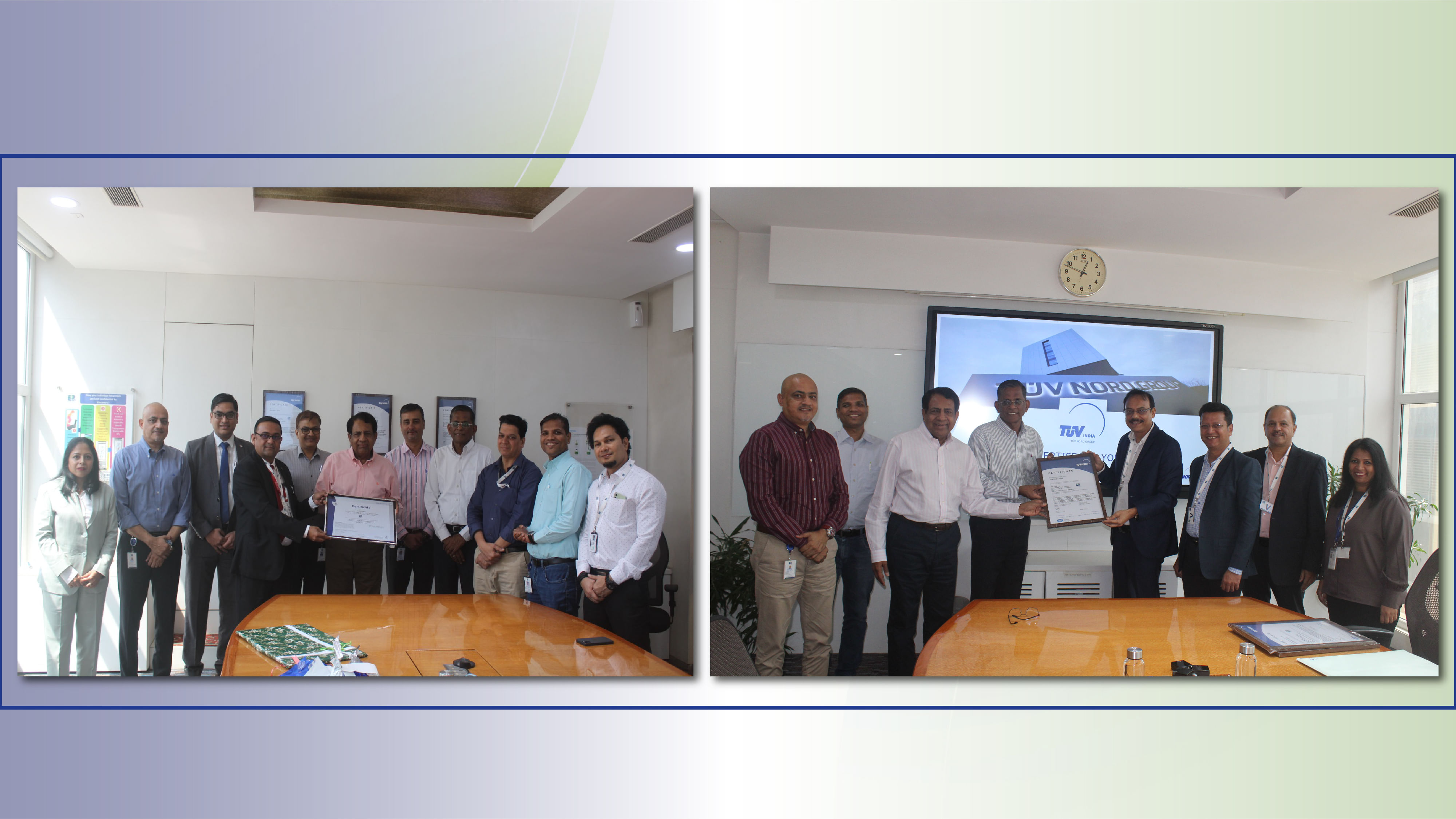EPL affirms faith in green with five global standards
EPL completed an external certification of five ISO global standards conducted by the TUV-Nord Group and Quality Austria.
08 Mar 2023 | 2384 Views | By Aditya Ghosalkar
Mumbai-based packaging company has successfully completed an external certification of five ISO global standards conducted by the TUV-Nord Group and Quality Austria. These five certifications cover the areas of Environment Management System (ISO 14001:2015), Occupational Health and safety (ISO 45001:2018), Energy management system (ISO 50001:2018), Information security management (ISO 27001:2013) and Sustainable procurement (ISO 20400:2017).
With this, all EPL global sites have received certifications on these standards from TUV-Nord India and Quality Austria (QA) India. ISO 14001, 45001 and 50001 are valid till December 2024; while ISO 27001 and 20400 are valid till January 2026.
“EPL has always been a process-driven company and these five certifications from TUV Nord and QA across all our plants are a testament to our adherence to the highest standards. These certifications will go a long way in assuring our investors, customers and all our business partners of our long term commitment to sustainability and market leadership,” said Anand Kripalu, global MD and CEO, EPL.
Ram Ramasamy, COO, EPL, congratulated the entire global team and highlighted the process followed for the certifications. The audit covered all their processes - Blown film, lamination, slitting, printing, tubing and injection moulding. The certifications focus on three pillars of sustainability, namely; people, process and product.
As per an official statement, EPL has established and implemented an Environmental & Energy Management System and has got certified the same as per ISO 14001:2015 and ISO 50001: 2018.
EPL has identified aspects-impacts within its system and from certain requirements within the standard on continual improvements, environmental performance, life cycle perspective and applicable compliance obligations.
EPL at corporate level has taken various steps with respect to sustainability and includes recyclable laminates and tubes, carbon footprint, water footprint, energy conservation and renewable energy.
To address global cyber security challenges and improve digital trust, EPL has implemented ISO 27001:2013 standard.
By implementing ISO 20400:2017, EPL will contribute positively to society and the economy through making sustainable purchasing decisions and encouraging suppliers and other stakeholders to do the same.
EPL, one of the world's largest specialty packaging companies, continues to strive for innovation and excellence with over twenty state-of-art facilities worldwide. It caters to a variety of industries such as beauty and cosmetics, pharma and health, food and nutrition, oral care and home care.

EPL management receives ISO certificates to promote greener routes
ISO: At a glance
The ISO 14001:2015 is an internationally agreed standard that sets out the requirements for an environmental management system. It helps organisations improve the environmental performance through more efficient use of resources and reduction of waste, gaining a competitive advantage and gaining the trust of stakeholders.
The ISO 45001:2018 is an assessment standard for occupational health and safety. It is designed to help organisations put in place a safe working environment for their employees and is targeted at reducing workplace injuries and illnesses around the world.
The ISO 50001:2018 certifies the organisations’ energy goals and processes and incorporates new energy-efficient technologies. These are aimed at reduction and better management of energy consumption that helps reduce energy bills and improves operational efficiency.
The ISO 27001:2013 (ISMS) is the standard on information security management and helps organisations secure their information assets.
ISO 20400:2017 is an international standard that provides guidelines on sustainable procurement. The standard can be used by an organisation that intends to improve their social, economic, and environmental sustainability.